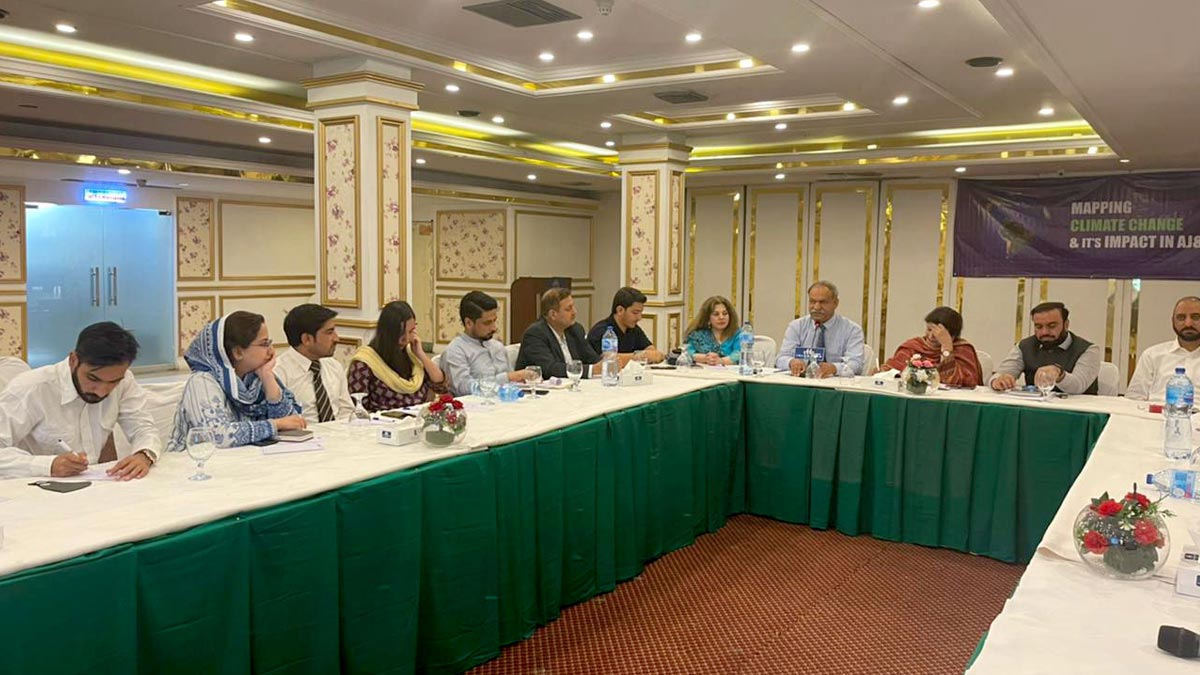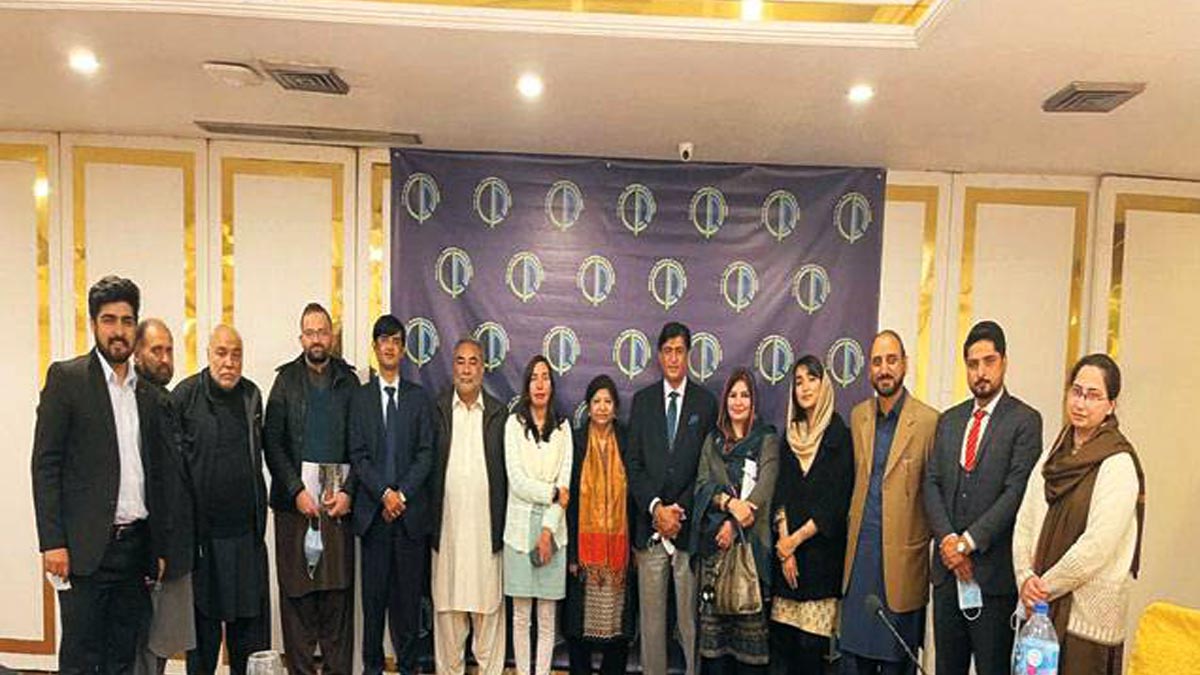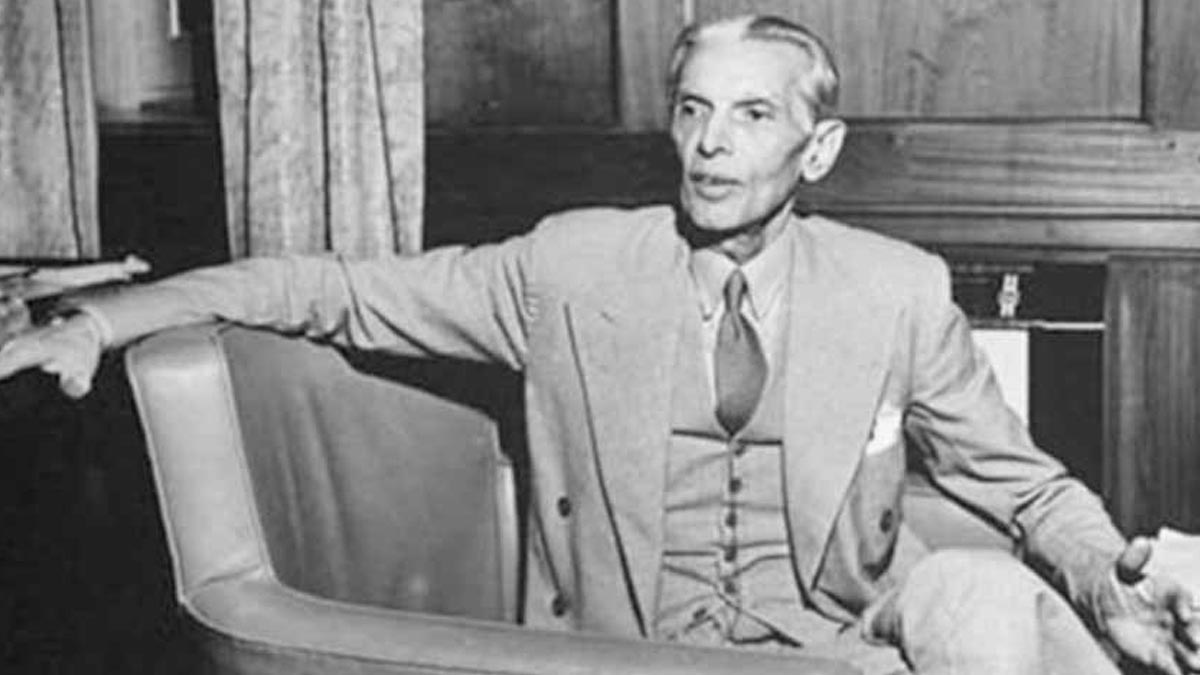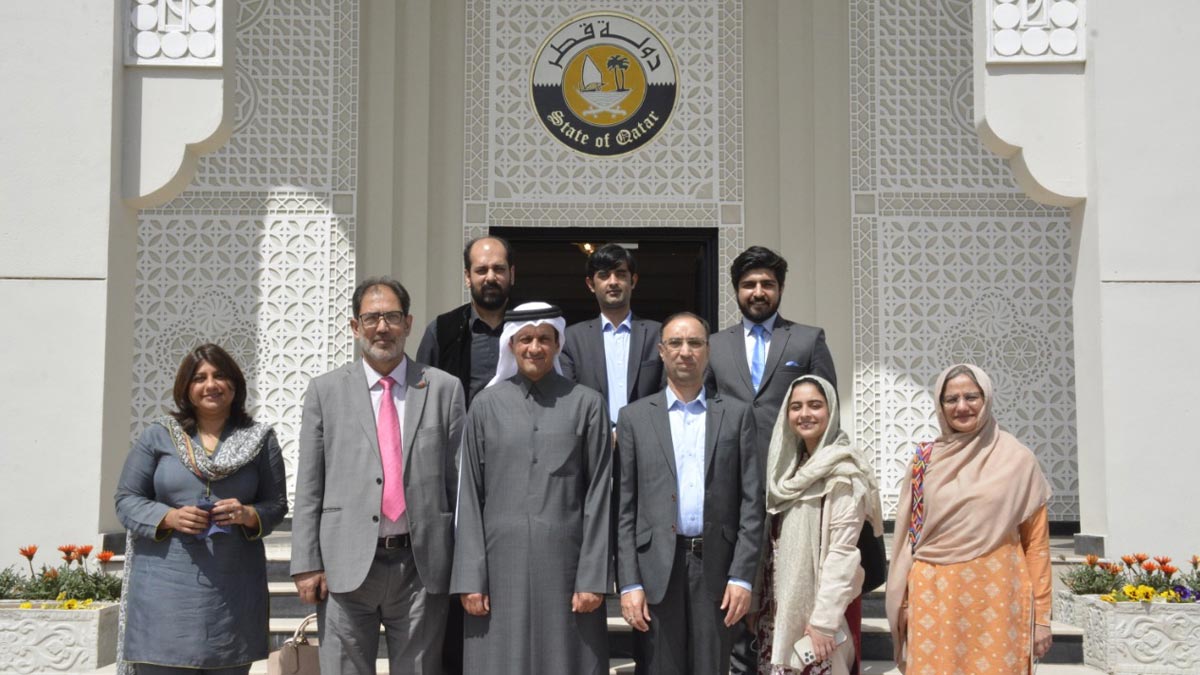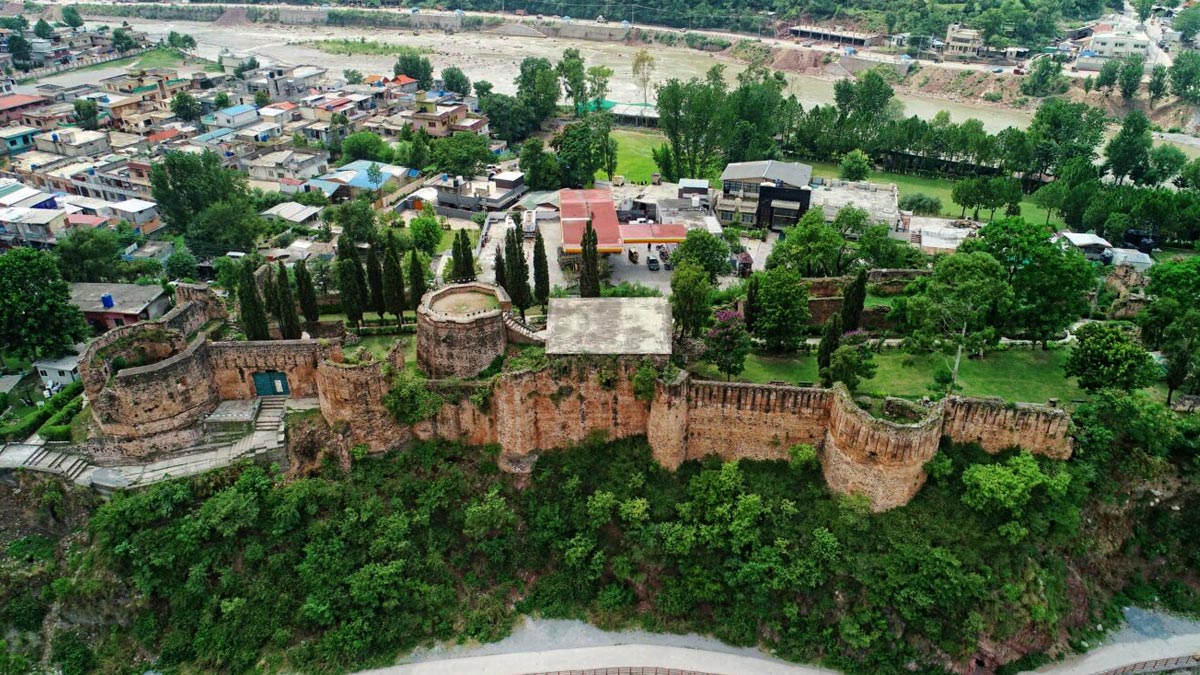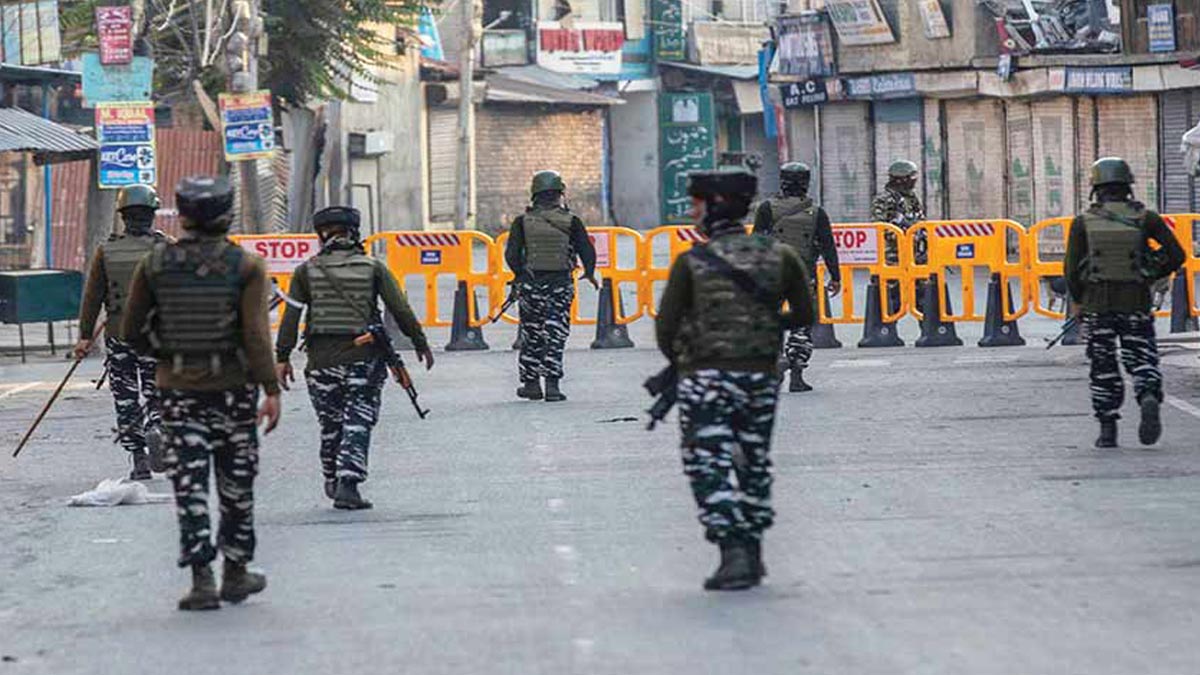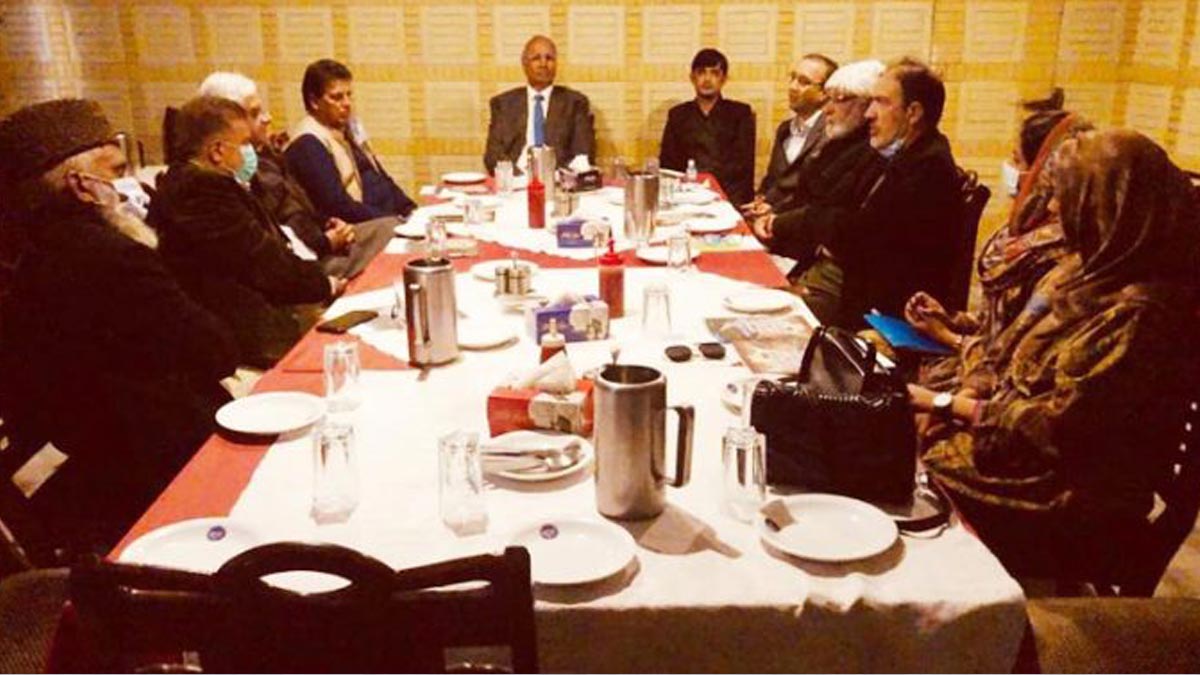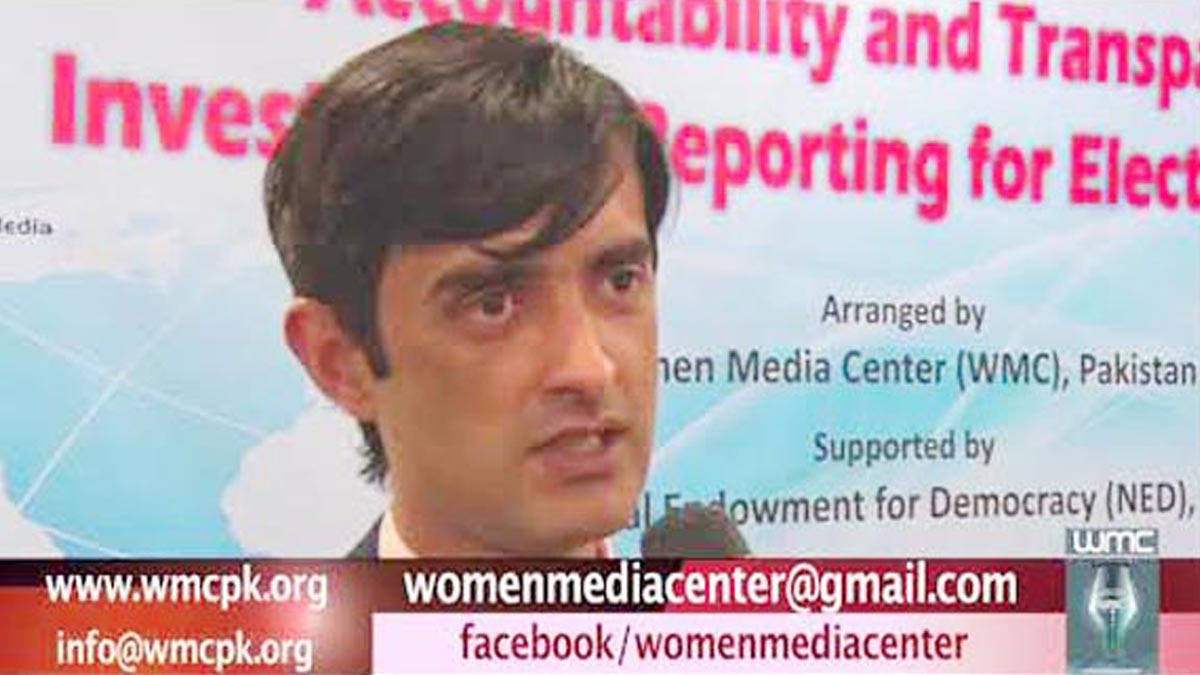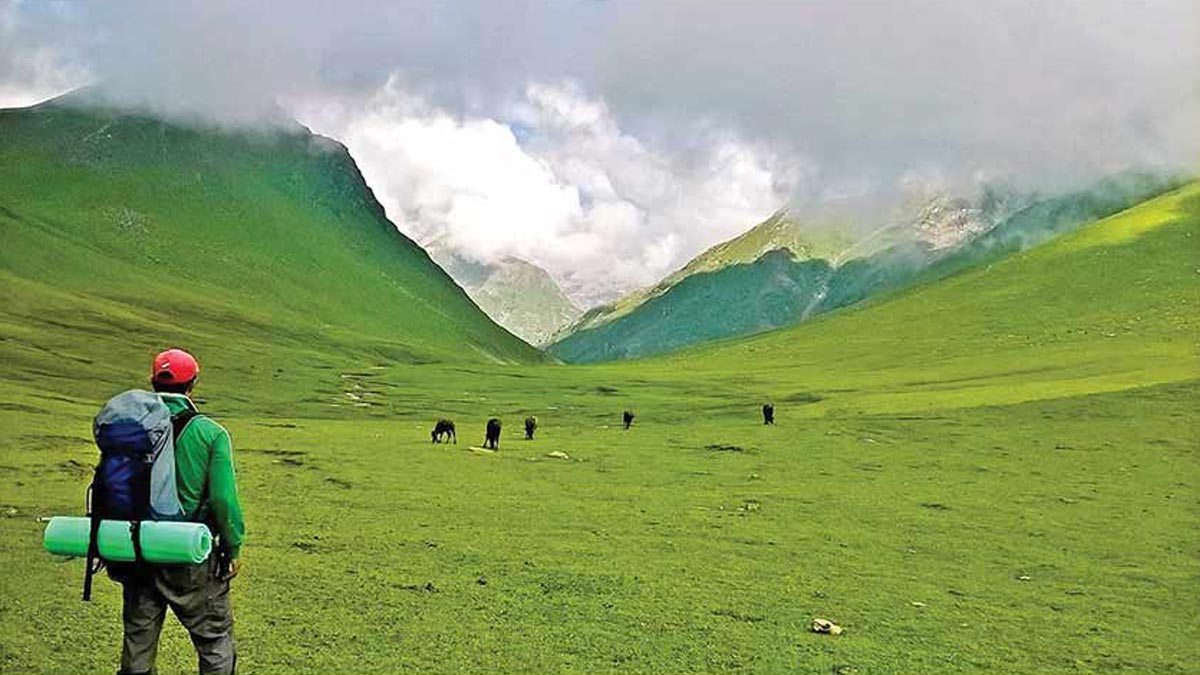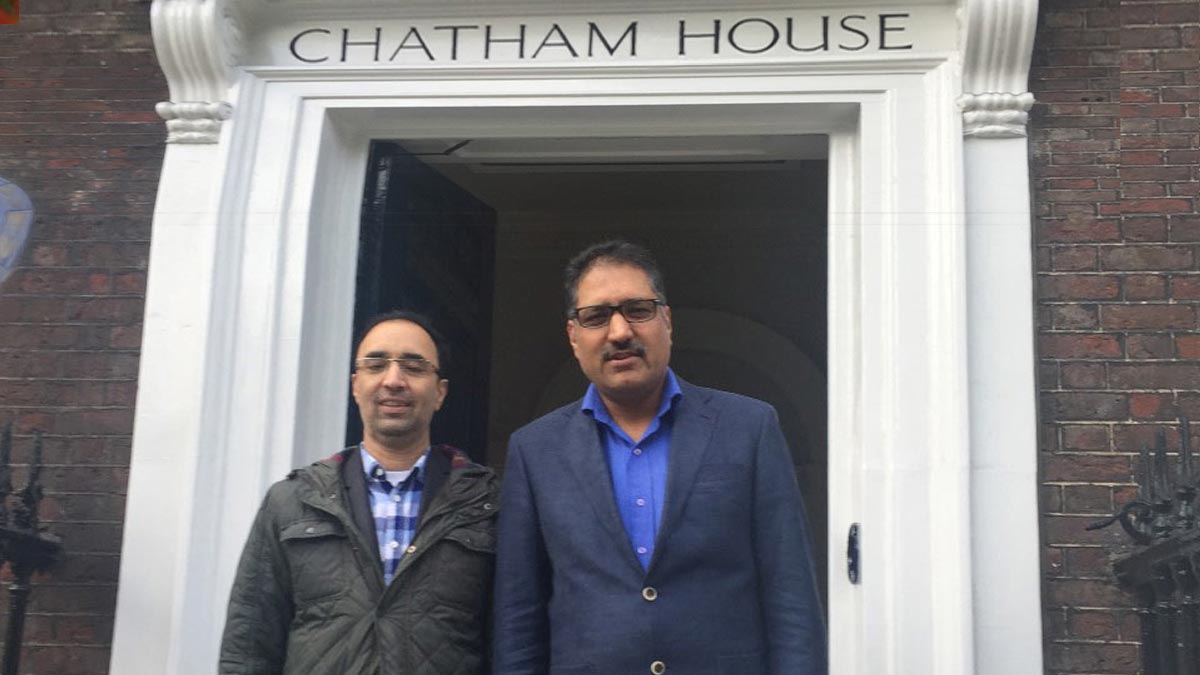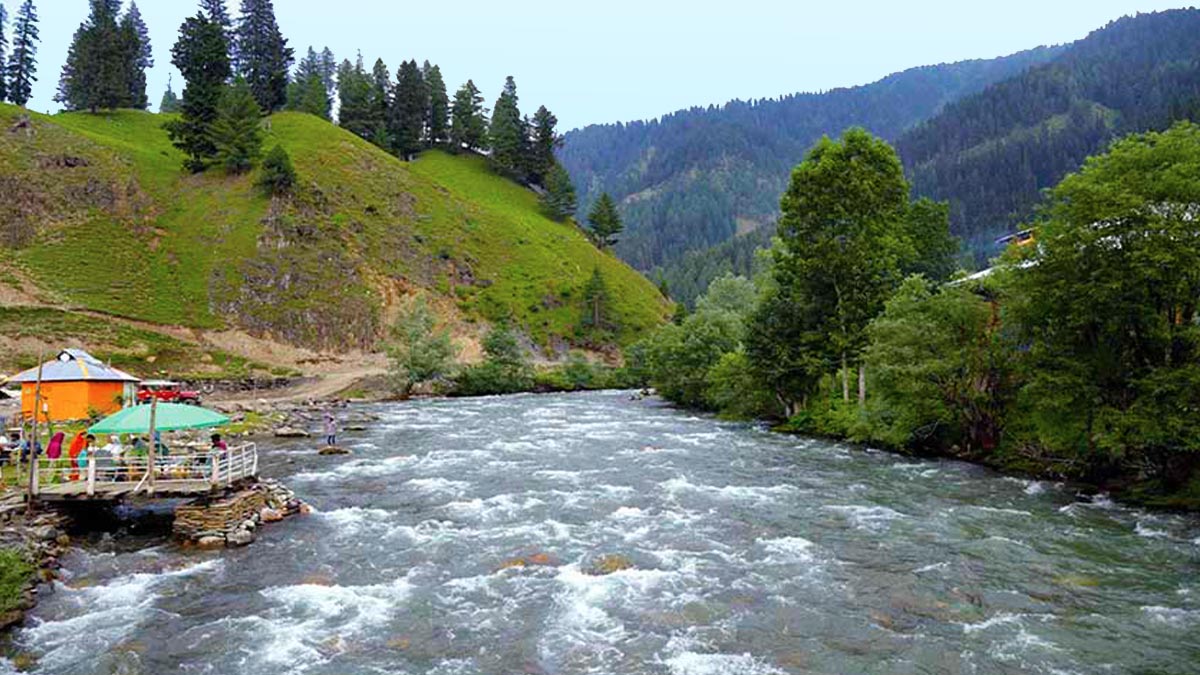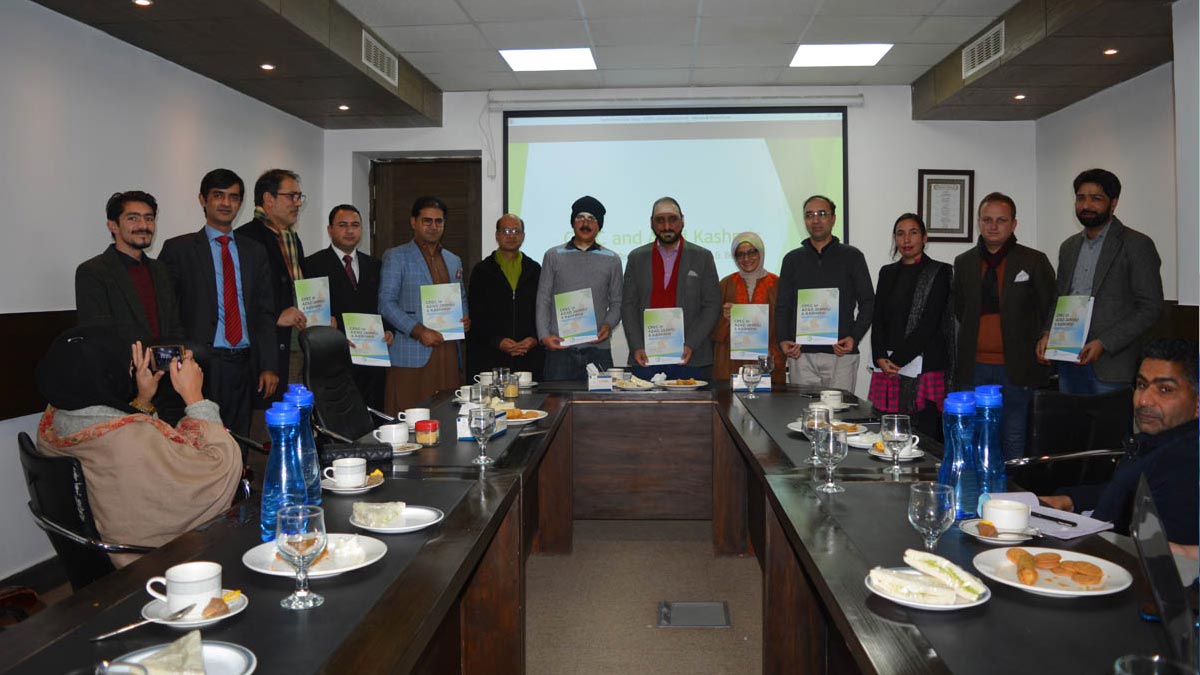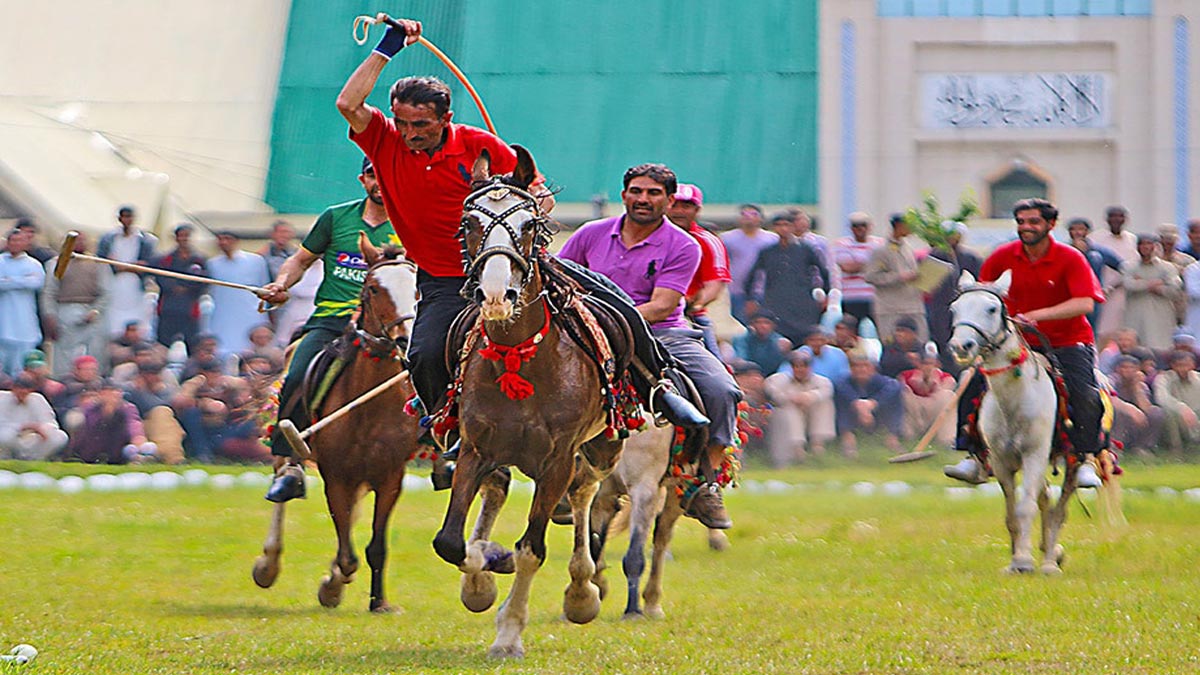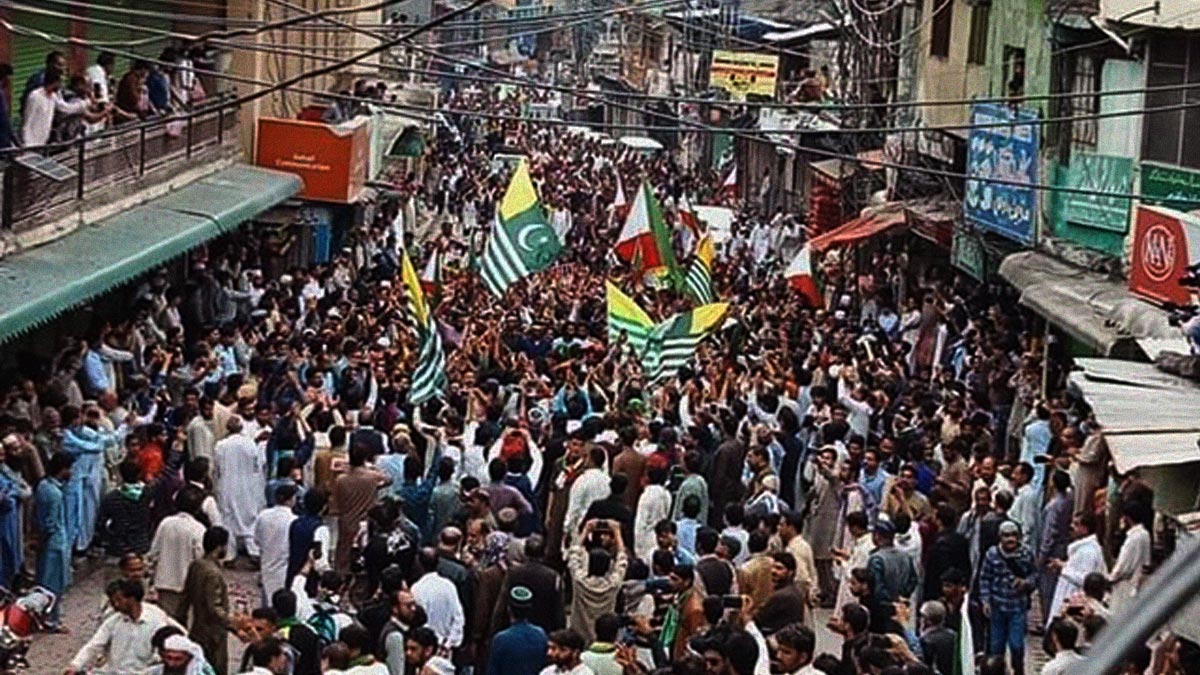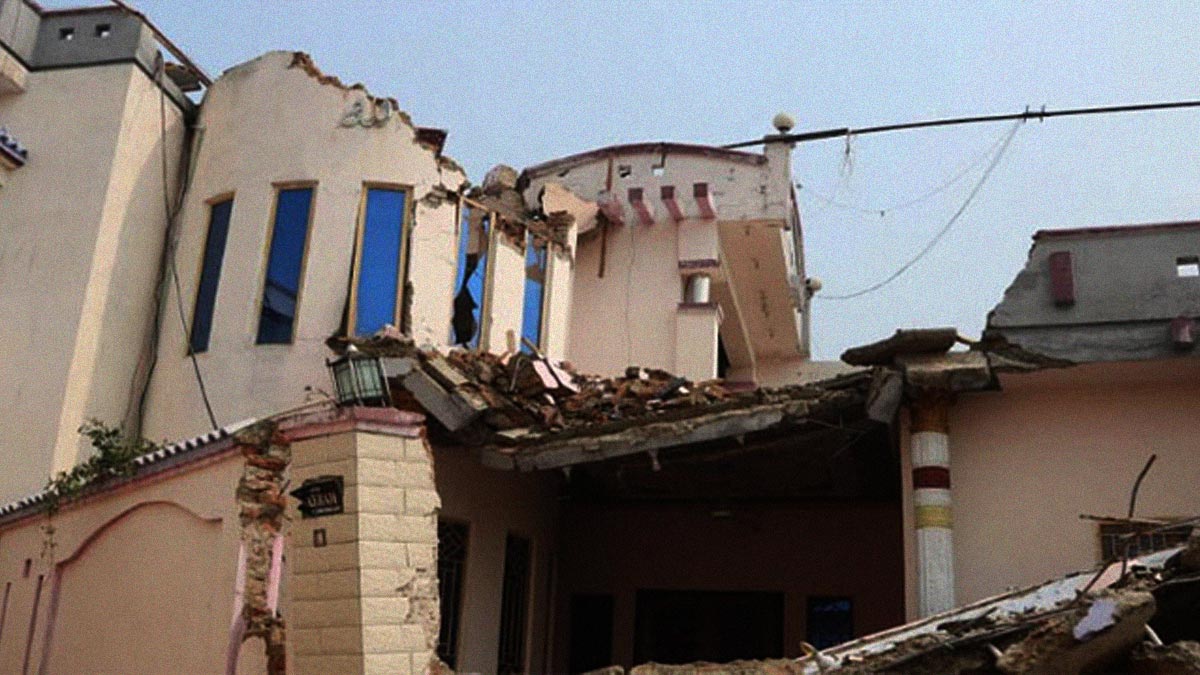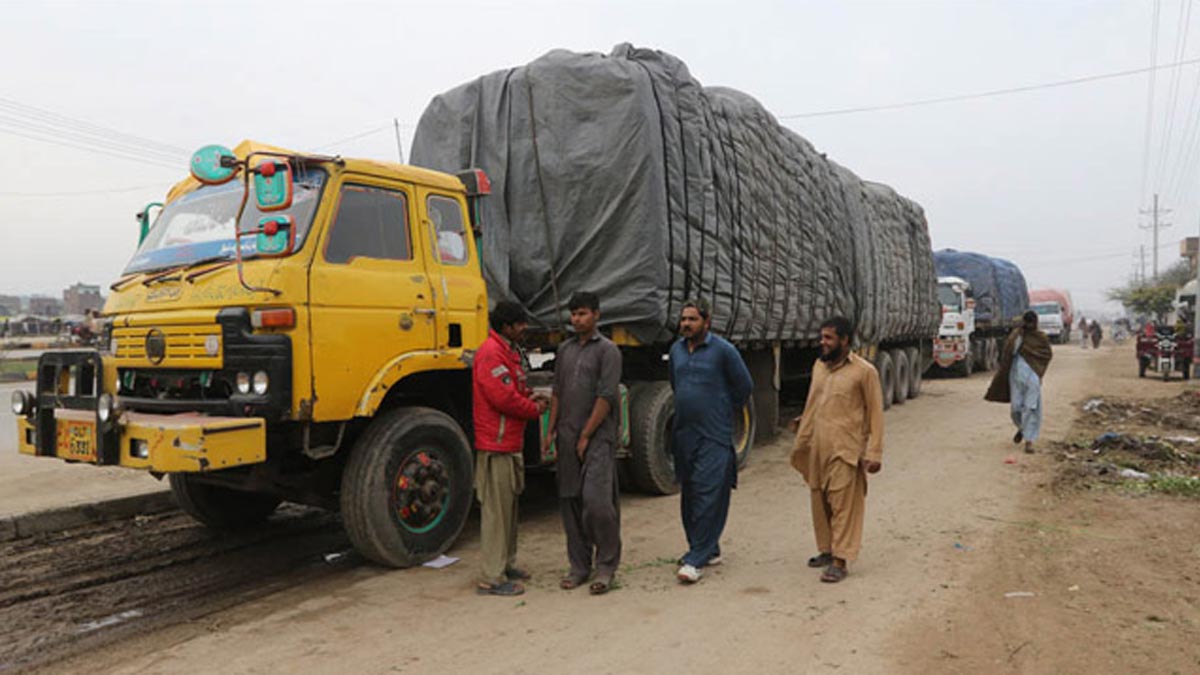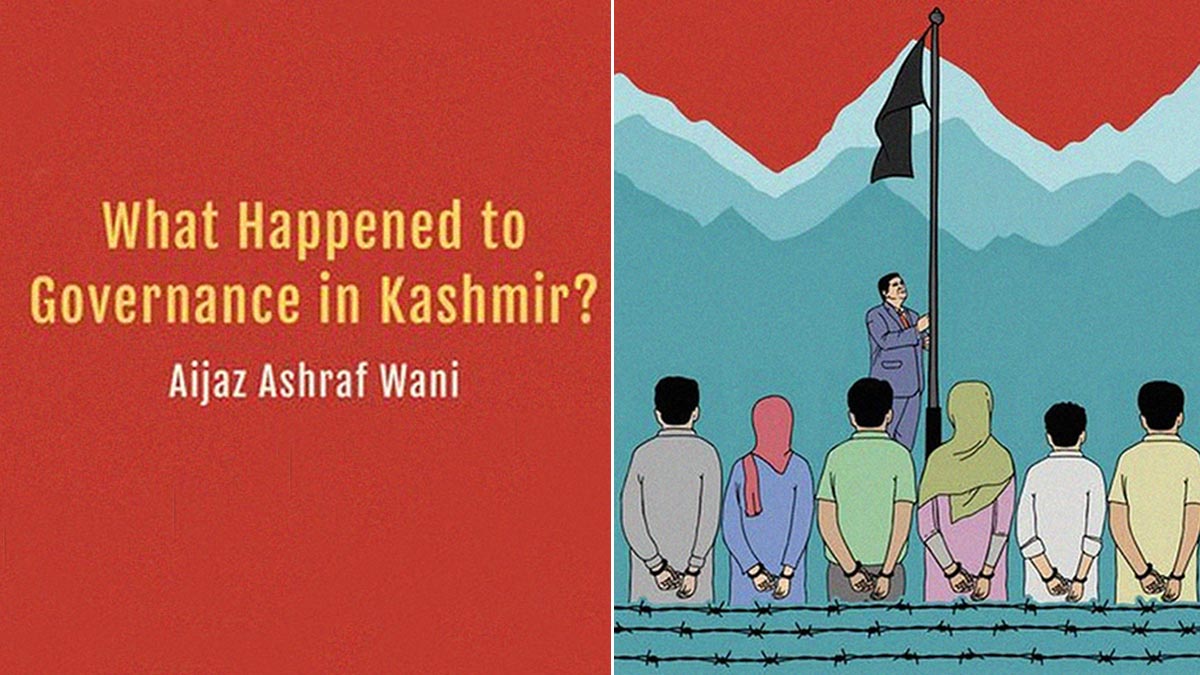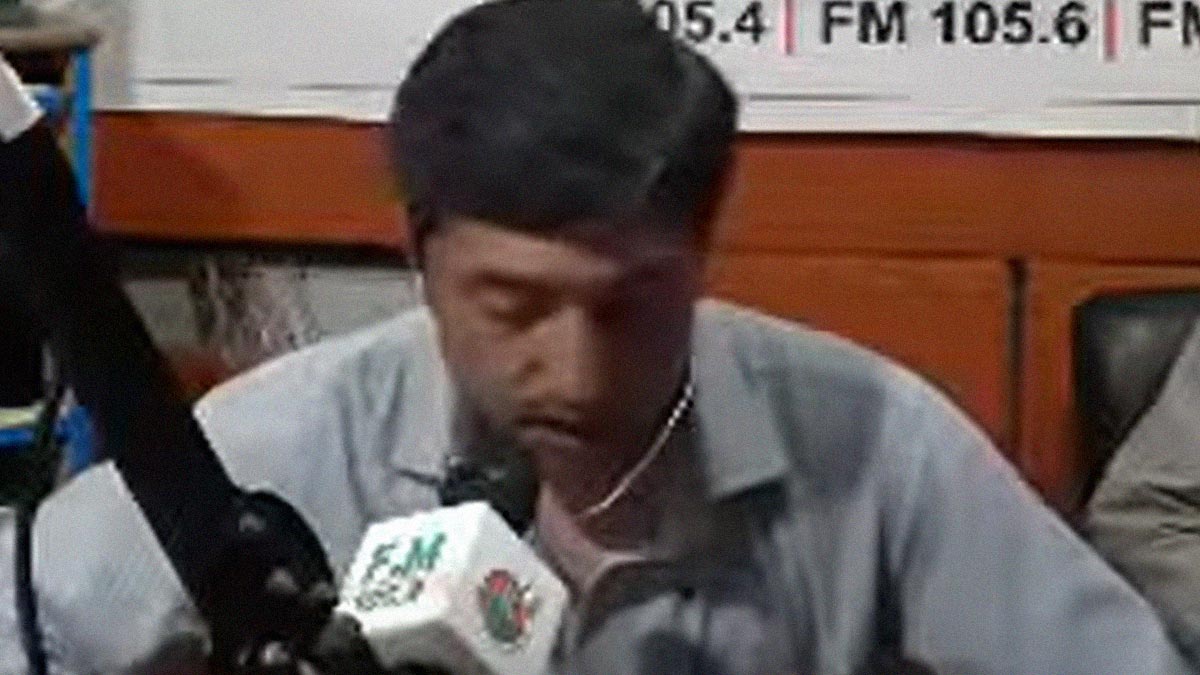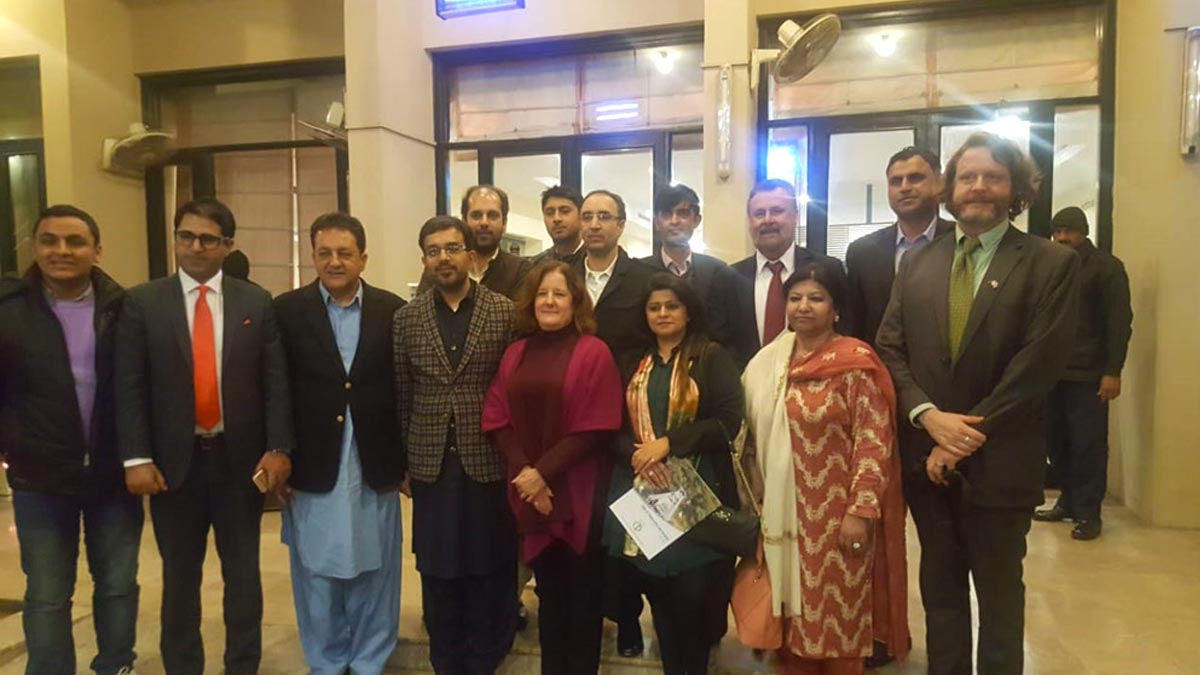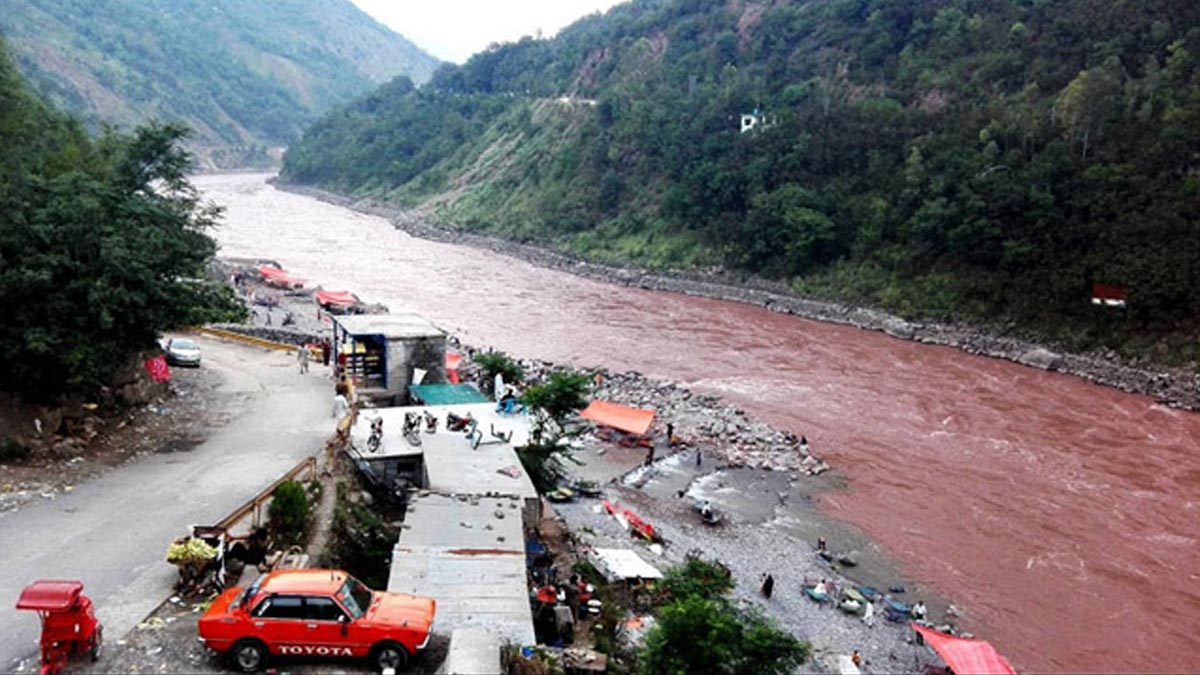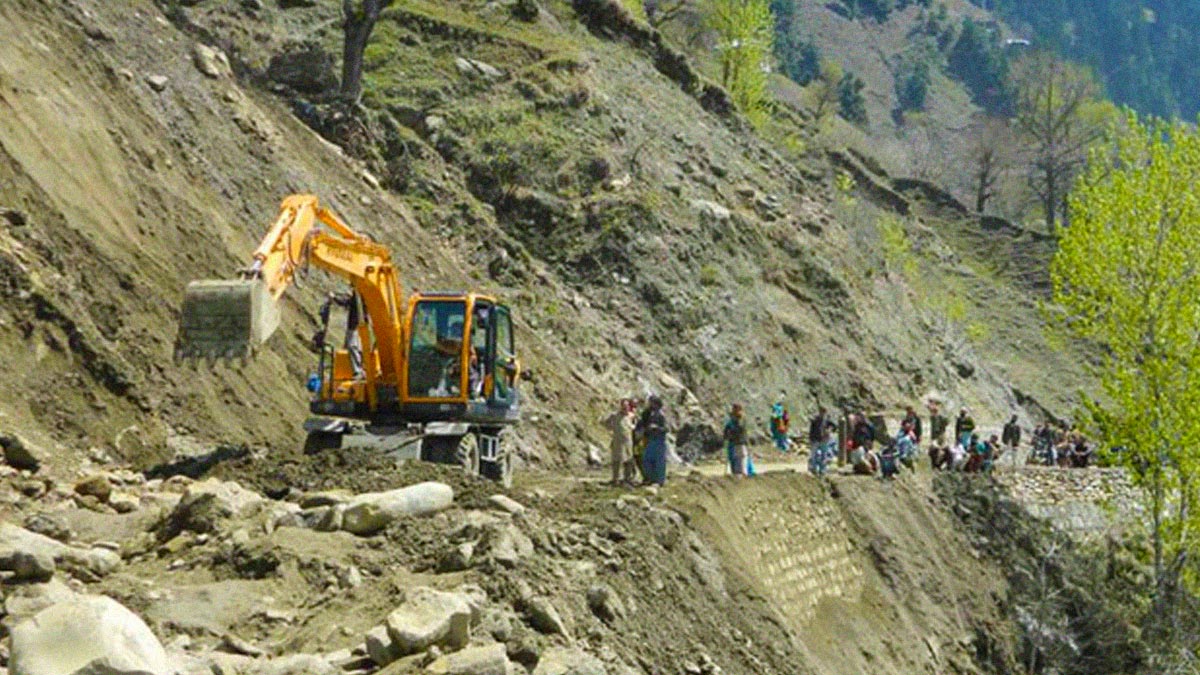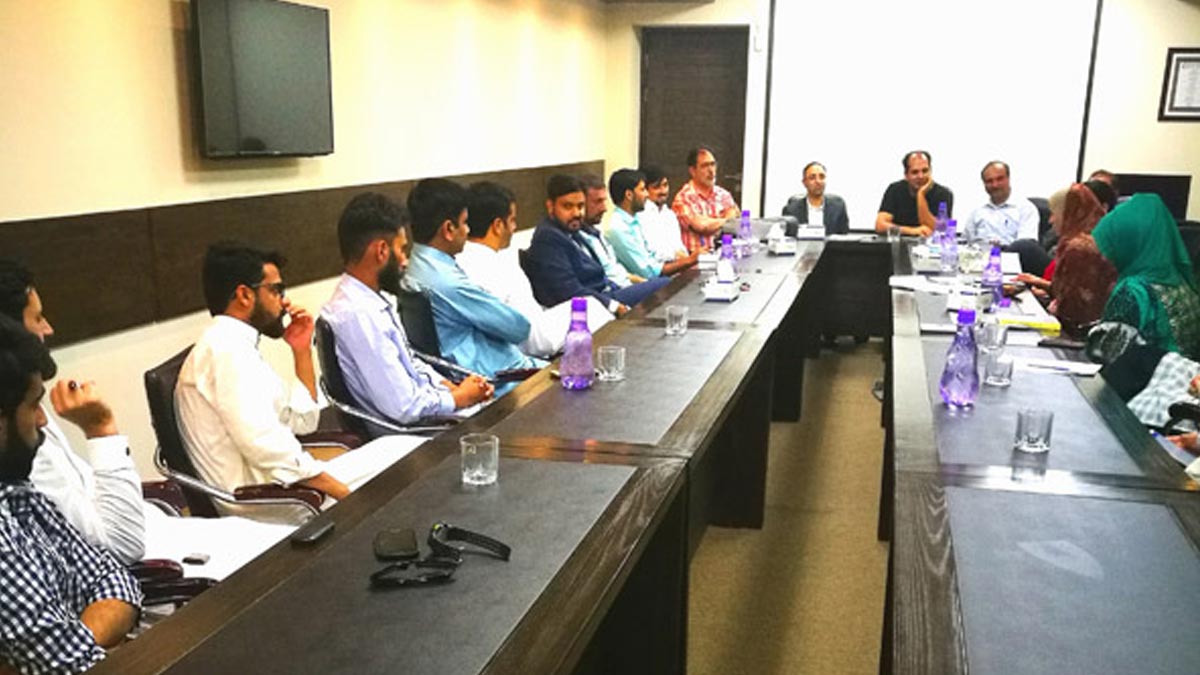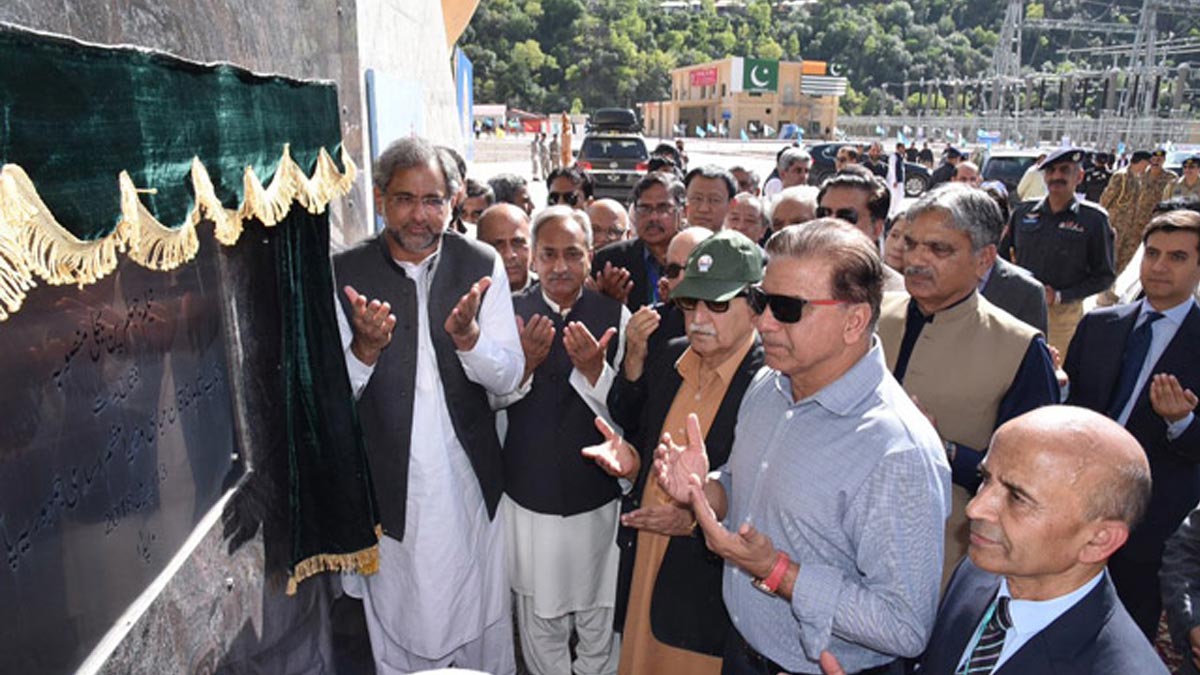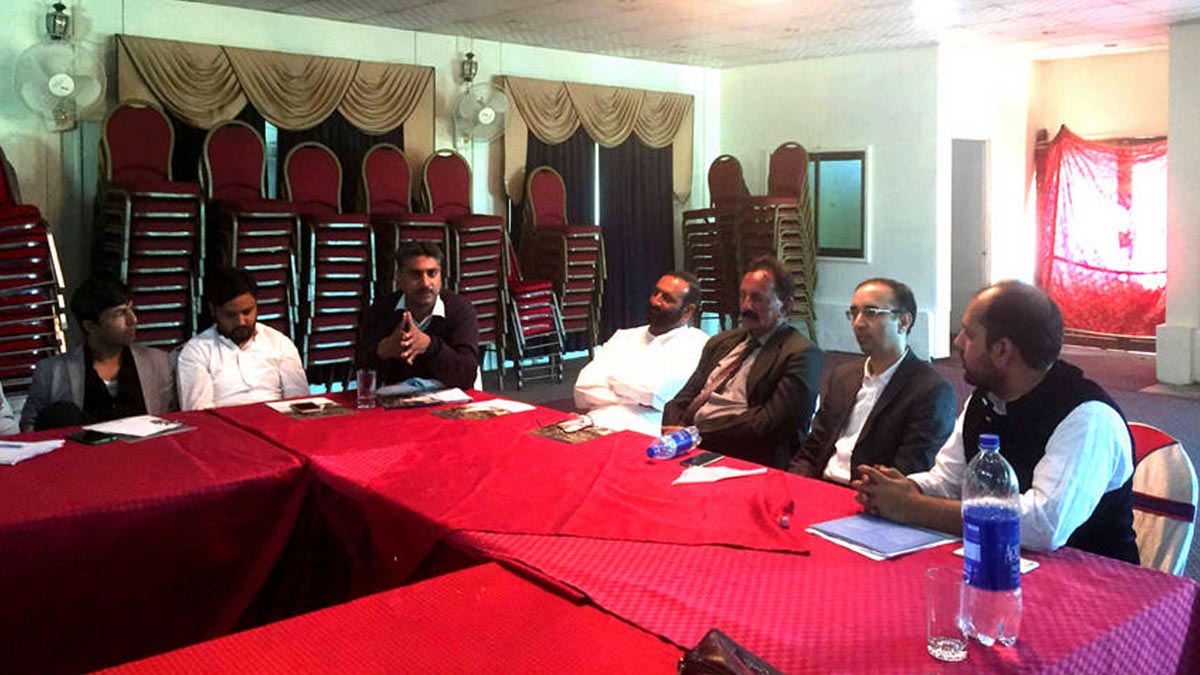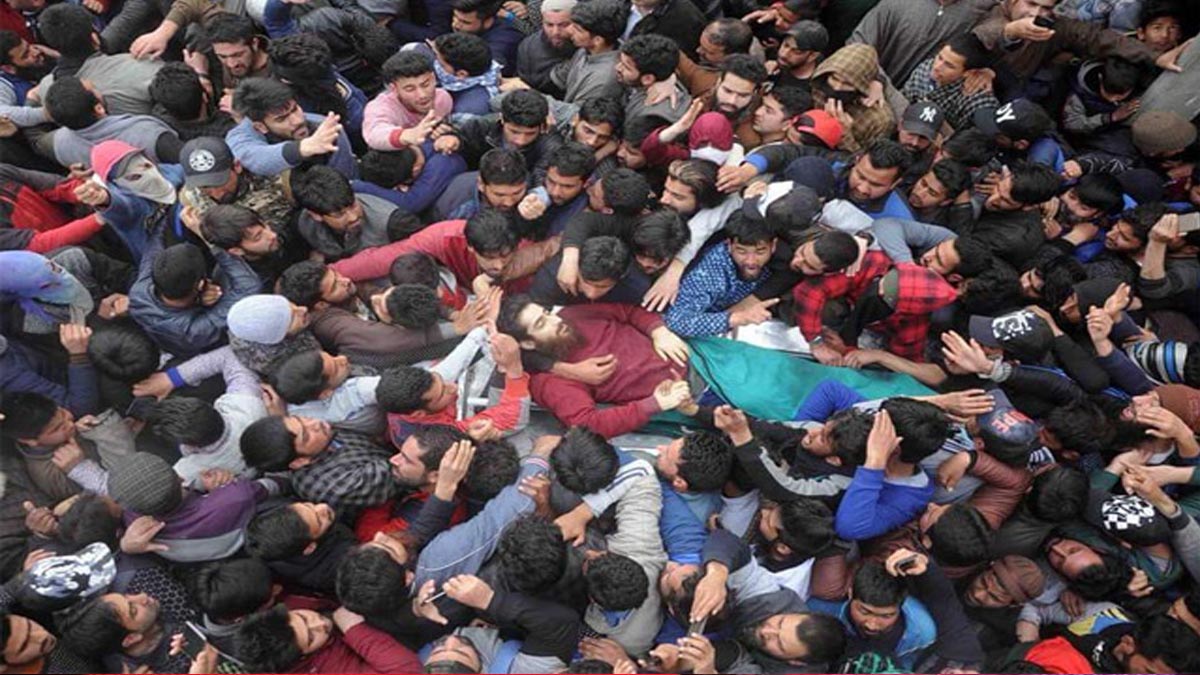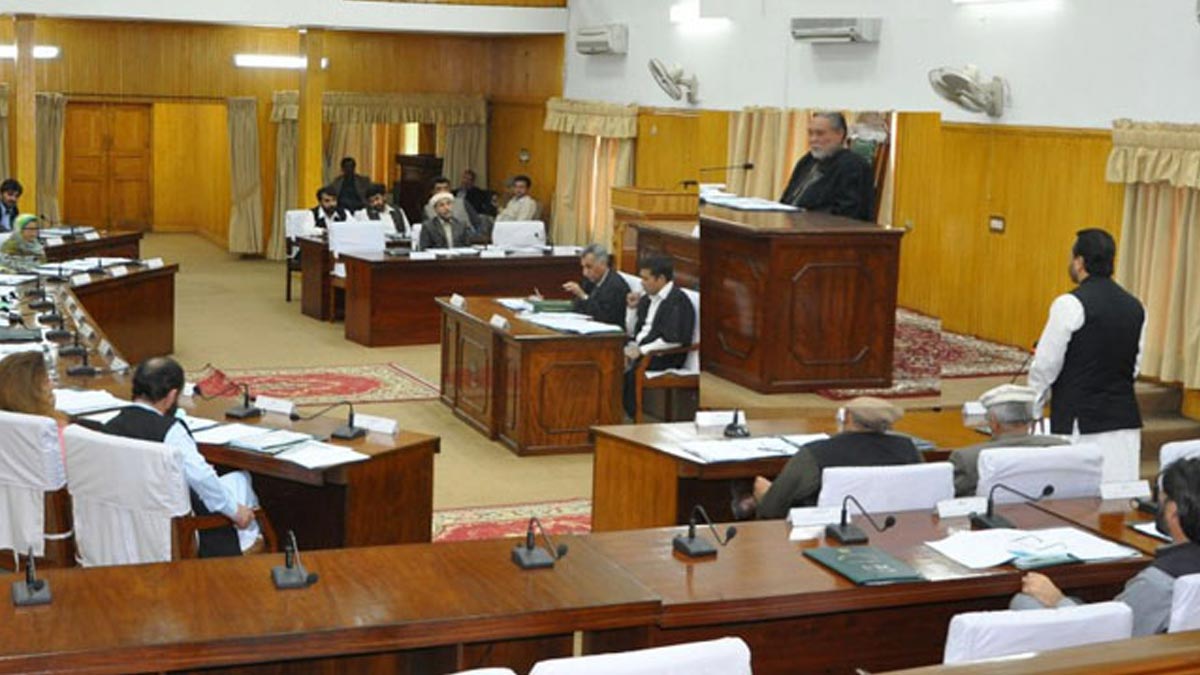- November 4, 2018
- @admin
- 0
- 04th November 2018
- Ershad Mahmud
Poonch has been divided between India and Pakistan for the last seven decades but a yearning for togetherness is fast growing among the communities on both sides of the barbed-wire fence. A personal journey from Poonch to other parts of Kashmir.
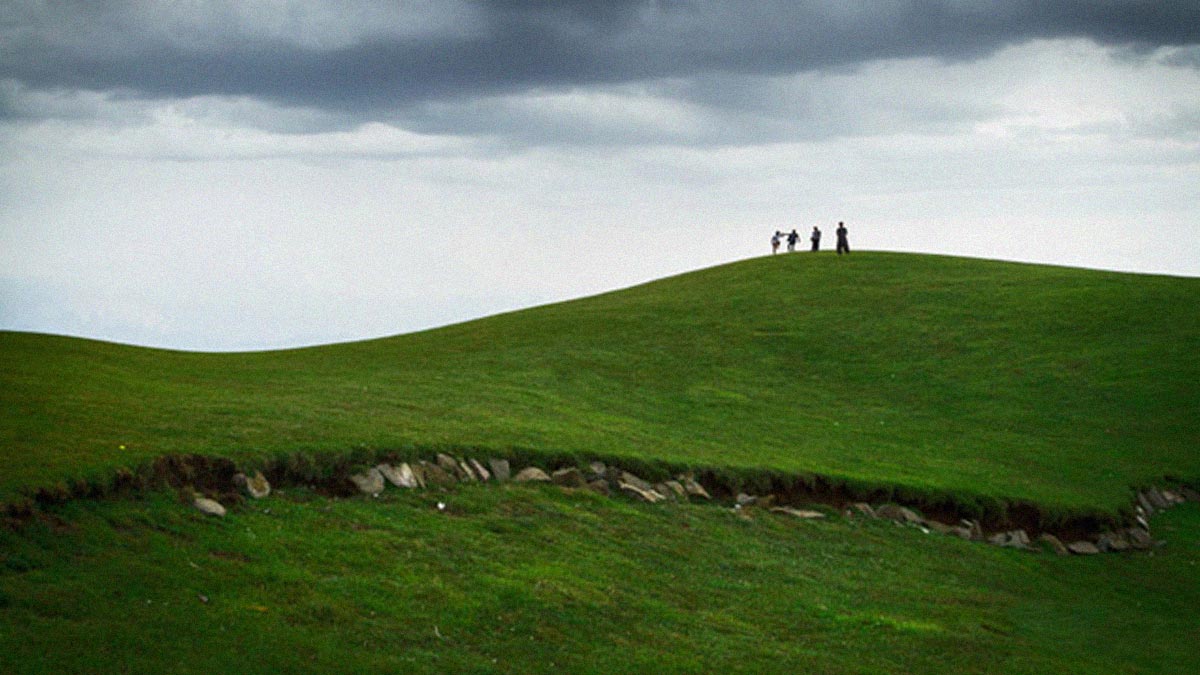
Despite growing up in Rawalakot, a breath-taking valley which is the socio-politico nerve centre of Poonch, I had never paid much attention to the rich history and culture of the region. In fact, in the 1990s when the Kashmiri combatants turned towards Azad Jammu and Kashmir for training and sanctuary, I got obsessed with the Valley of Kashmir.
A number of my university colleagues suddenly decided to quit their education half-way, disappearing swiftly to join the militant outfits, hoping that ‘Azadi’ is around the corner. A few of them were killed and buried in Srinagar’s graveyards. People from various villages visited their families back home to congratulate them on the martyrdom of their loved ones.
Although our language, culture and even social and economic aspirations were poles apart, people like me became ardent supporters of the uprising due to the massive resistance and sacrifices offered by the Kashmiris. Their defiance of one of the biggest military powers around the globe made them stars. The people of Poonch, ethnically close to Potohar, whose land was known for military recruiting in the colonial-era, still adore the brave nation, man and women.
With the passage of time, I forgot that in the early 1980s, I used to avoid introducing myself as a Kashmiri due to the stigma attached to this nomenclature. I still remember the fact that in my college and university in Karachi, students from Azad Jammu and Kashmir and particularly from Poonch had always been uncomfortable to be called ‘Kashmiris’ as the term was considered synonymous to ‘submission’. We tried to make them understand that people of the Valley are termed as Kashmiris, and it is a distinct and an exclusive community. However, nowadays everybody feels proud to be known as a Kashmiri.
In July 2000, I went to Srinagar to attend the Walima ceremony of Sajad Ghani Lone who wedded Asma Khan, the only daughter of the legendary Amanullah Khan, a leading spokesman of the independent Kashmir. I, along with my journalist friend from Rawalpindi, Sultan Sikandar, landed in Srinagar airport on a fine afternoon where Sajad Lone was waiting to receive us. During our conversation, he asked me if I was a Kashmiri? It caught me off guard. “Of course,” I replied. He actually wanted to know why I could not speak the Kashmiri language even when I was a Kashmiri. I told him that I was not an ethnic Kashmiri and hailed from a remote village of Poonch. He was astonished and inquired as to why I hid my identity.
The words made me a bit cynical about the Kashmiri exceptionalism.
In the beginning of 2004, the then Prime Minister of India Atal Behari Vajpayee travelled to Islamabad to attend the SAARC Summit. It broke the diplomatic logjam and put back India-Pakistan on the path of the peace process. The people of erstwhile State of Jammu and Kashmir were also allowed to exchange views and improve linkages across the Line of Control to create a better social and political understanding.
Incidentally, in 2007, I was invited by a New Delhi based organisation namely ‘Centre for Dialogue and Reconciliation’ to attend an intra-Kashmir dialogue in Srinagar along with a few key stakeholders from three regions of AJK i.e. Muzaffarabad, Mirpur and Poonch. I considered it a Godsend opportunity and enthusiastically crossed the Wagah border. We spent almost a week in Srinagar and had intimate discussions with people from a cross-section of the society and also went to pro-Azadi leaders’ houses without any hindrance.
Balraj Puri, noted historian and human rights activist, insisted that I should spend an evening with the Poonchis settled in Jammu city while travelling back home. Anticipating a small gathering there, I readily agreed. To my utter surprise, I found myself around 40 very senior and highly educated people who had migrated from Poonch, particularly from Rawalakot, Palandri and Bagh during the last four months of the United Jammu and Kashmir in 1947.
A dinner-cum-reception was thrown by the Poonchis in the honour of a person who came from the enemy land. It was an emotional event of my life which made me recall the painful tales of migration and violence. Deep in our hearts, we all knew that our forefathers had pitched a stiff fight against each other during the partition days. Despite this hostility practised in the past, some of the young Poonchis wanted to crack local jocks and talk little about politics, fearing that politics might lead them to a heated debate. It was a purely apolitical event. All of them were speaking chaste Pahari. In Rawalakot and Pakistan, we normally talk to each other in Urdu and hardly speak the Pahari language. However, it was a fascinating evening leaving behind memories that I will cherish throughout the rest of my life. People were deeply interested about their forefathers’ birthplaces, infrastructure, as well as socio-economic life.
A slightly younger man asked for my permission to act like the people of Rawalakot and Bagh. Astonishingly, Babar Singh made a speech, mimicking the speakers addressing rallies in Rawalakot and Bagh. We all laughed and enjoyed. It was fun. When I asked him where did he learn the style of people he was copying, he told me his father, who was wounded in 1947 while migrating from Trarkhal to Jammu, used to make speeches in the typical style of Rawalakotians, merely to remember the old good days.
I went to New Delhi along with Chaudhry Latif Akbar and Mutloob Inkalabi a few weeks after the earthquake in 2005 where we met Mr. K. D. Mani who had travelled from Poonch city to Delhi to see us. He brought us some books and talked about Poonch and its age-old culture. He interviewed me in detail and said he wanted to develop a connection between communities. I told him that we might not be able to forget what had happened in 1947 but can forgive each other in order to begin a new life.
Once while travelling from Jammu to Amritsar, I had an interesting conversation with a fellow passenger whose parents flew from Palandri during 1947 to Jalandhar. He told me his mother taught Pahari to his entire Mohalla and never adapted the Punjabi language. He was speaking Pahari fluently which amazed me.
The opening of cross-LoC travel in 2005, followed by trade in 2008, provided a unique opportunity to Poonchis to interact with each other after a gap of decades. Business and trade aside, people got a chance to develop social and cultural ties which are more permanent than political relationships. Shaukat Majeed, a retired civil servant who over-saw the opening of the Rawalakot-Poonch road, commonly known as Tatrinote-Chakan Da Bagh crossing point, confided that thousands of locals on both sides of the separating line came there to witness this historic occasion. Oftentimes, the emotionally charged crowd desired to cross the LoC while security apparatus tried its best to control and keep them away from the zero line.
Finally, sanity prevailed and both sides allowed the people to meet. “It was a highly emotional moment in my life,” he told me. Without prior acquaintance, people hugged each other and had intimate conversations as if a family reunion was taking place after decades of forceful separation. I felt that he had been talking about my longing too. The story penetrated in to my very core.
Technology has also helped people to circumvent official restrictions and reduced physical distance. Several Poonchi singers and poets nowadays interact with each other across the LoC by virtue of social media. Interestingly, some of them do live chat shows also. Antar Swami Nirav is a Sikh Pahari poet who became a friend to hundreds of people on the Pakistani side of the LoC while his video clips make rounds in Poonch and attract even the people living outside the region.
Some of the talented Poonchis from Pakistani side have recently started dubbing Bollywood movies into Pahari language and also make small clips which became very popular among the community across the LoC. Likewise, the Department of Art and Design of AJK University has spent considerable efforts to preserve the age-old culture including lok geet in Pahari.
Of late, some of the activists and even politicians began to deliver political and social It appears that despite the fortified Line of Control, people are eager to overcome the state-imposed restrictions and develop social, cultural and business linkages across the divide. Sadly, Poonch is divided between India and Pakistan since the last seven decades but yearning for togetherness is fast growing among the communities on both sides of a barbed-wire fence. It shows that soldiers patrolling and concrete barrier along the Line of Control can only separate lands, not people souls.
Media Link:
The News | Click Here
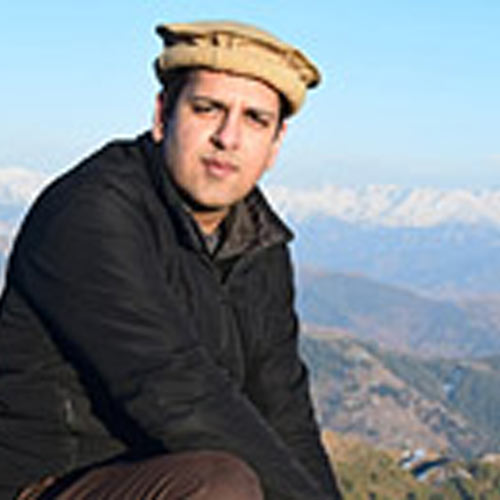
Qaiser Khan
The write is a Research Fellow at the Center for Peace, Development and Reforms, CPDR. He can be reached at: sqkhan47@gmail.com









